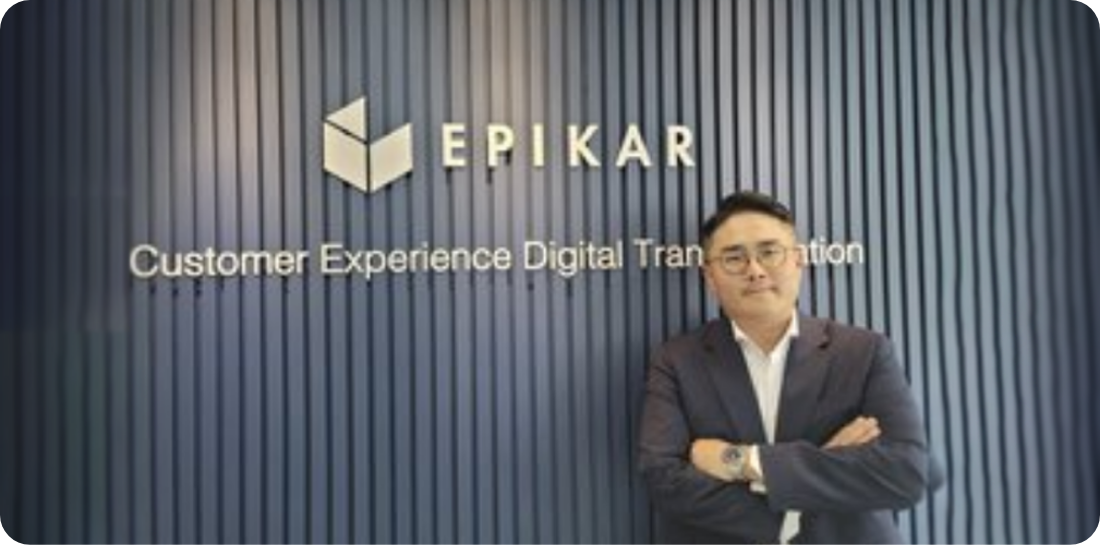 Press
Press
#1. U.S.-based online used car sales platform Carvana has been called “the Amazon of the auto
market.” Listed on NASDAQ, its stock reached $360 per share in 2021, with a total valuation of 40
trillion KRW. The company was founded in 2012 by Ernest Garcia (41), a Stanford University
graduate, who focused on creating a seamless app experience that allows users to browse and
purchase used cars quickly from their smartphones.
#2. Grab, founded by Anthony Tan (41) and Hooi Ling Tan (39) — both from Malaysia and
graduates of Harvard University — has been called “the Uber of Southeast Asia.” Upon its NASDAQ
listing in 2021, the company was valued at 52 trillion KRW. The co-founders utilized big data from
the app to detect issues such as speeding by drivers or the sending of inappropriate messages.
Just like Carvana and Grab, young Korean entrepreneurs in their 30s are trying to reshape the auto
market with digital tools. They are integrating big data analysis into new and used car platforms,
simplifying financing procedures so that consumers can buy vehicles faster and more accurately.
JoongAng Ilbo recently interviewed Han Bosuk (39), CEO of Epikar, and Ahn Inseong (35), CEO of
Handle.
Startups led by the MZ generation
Both companies are based in areas popular with Korea’s MZ generation (those born between the
early 1980s and early 2000s), such as Magok in western Seoul and near Gangnam Station. Epikar
provides dealers with data on new car availability, test-drive programs, and financing options,
helping them better inform customers during the purchase process. Recently, Epikar was selected
for Google’s startup support program.
Google will support Epikar with up to $100,000 in Google Cloud credits during the first year, and in
the second year will provide credits covering 20% of usage, also up to $100,000.
Han Bosuk said, “As the auto industry shifts to electric vehicles, there’s a growing amount of data —
from battery performance to autonomous driving sensors. Using Google Cloud allows us to analyze
that data more easily with AI and machine learning.”
Han studied mechanical engineering at Hanyang University and earned a master’s degree from the
University of Michigan. He previously worked as a big data expert at BMW Korea. While studying
abroad, he lived in a cramped room with three other students and saved money however he could.
“I was living in Detroit, the motor city, and got to see up close how startups were transforming the
traditional auto industry,” he said.
Currently, Epikar focuses on the B2B (business-to-business) segment by providing tools to dealers in
the new car market, especially BMW. However, Han said the company plans to export its platform
globally and eventually expand into B2C (business-to-consumer) services.
“Younger generations buying new cars are much more familiar with smartphones,” Han explained.
“They’re also the kind of consumers who carefully compare features and prices online before buying
luxury goods.”
“Hyundai entering the used car market is a positive sign”
Handle, which operates the used car platform “Carmerce,” was founded in 2019. It quickly gained
traction thanks to its fast service and unconditional refund policy.
In the past, office workers often had to take a day off to buy a used car, dealing with loan
paperwork and approval. But with Carmerce, the entire process can be completed during a lunch
break.
“We reduced what used to take 40 hours into just 15 minutes,” said CEO Ahn Inseong.
Handle was able to shorten the transaction time dramatically by acquiring a loan brokerage license,
filing a patent to block fraudulent listings, and collaborating with financial institutions.
Ahn studied economics at Cornell University and has prior experience operating an e-commerce
startup in the U.S. He’s long pursued a business model that reduces costs by streamlining human
processes into efficient online steps.
Handle recently received a 3 billion KRW investment from Hankook Tire & Technology.
Ahn said, “Our tech is optimized for online platforms, and we believe it can unlock new
collaborative opportunities with tire manufacturers.”
Hyundai Motor Group is also entering the used car market in earnest this year.
Ahn commented, “Compared to the U.S. or Germany, Korea still has a low ratio of used car sales
relative to new cars. When major players help expand the market, the use of digital tools will
become more common — which is actually a positive for startups like Handle.”
 Press
Press